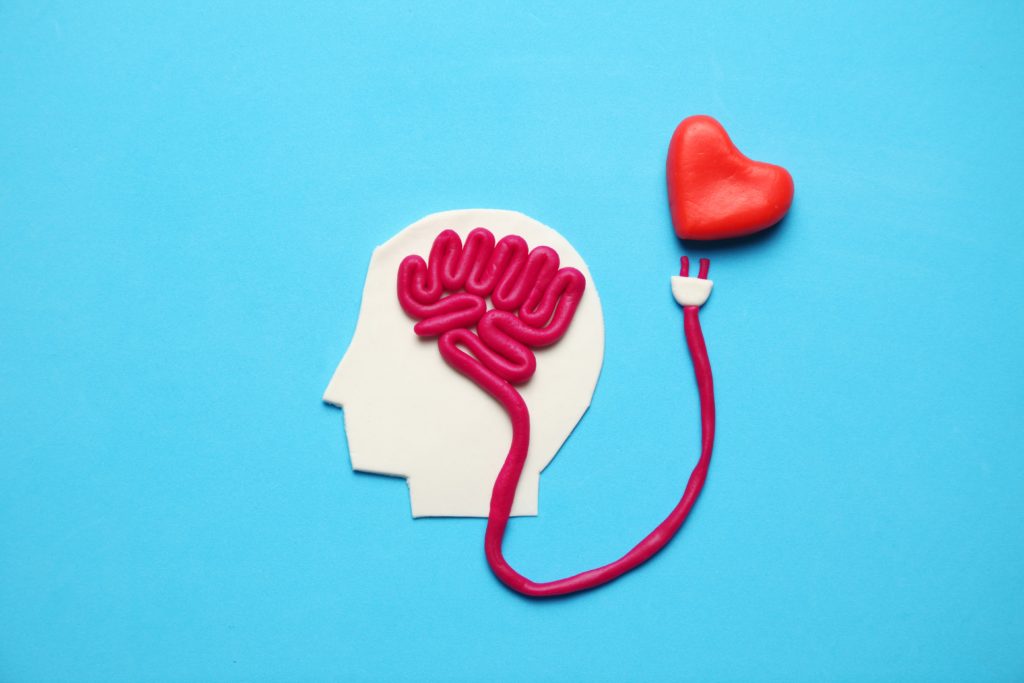Consumers are Aware of the Link Between their Cognitive and Overall Health
Despite a slight decrease compared to 2021 when consumers were more health-conscious due to the pandemic, a significant number of consumers acknowledge the connection between good cognitive health and overall well-being. This indicates that consumers understand the crucial role cognitive health plays in healthy aging. Traits like forgetfulness and difficulty concentrating can be recognized as potential indicators of declining overall health. However, consumers express a lack of contentment with their cognitive health, despite a higher proportion who reported satisfaction two years ago. This dissatisfaction may lead to concerns about long-term health and the ability to maintain an active lifestyle in later years. Worries may stem from various factors they perceive as beyond their control, including hectic schedules, time constraints, and poor dietary choices, all of which can impact cognitive function.

Consumers are Proactively Addressing their Cognitive Health
Many consumers are adopting a proactive approach to health. FMCG Gurus’ consumer insights reveal that 53% of global consumers state they are interested in cognitive health products even when not suffering from specific health problems. This demonstrates widespread consumer interest in enhancing well-being even in the absence of symptoms. This interlinks with the growing curiosity around cognitive health and the demand for products targeting this aspect of wellness.
However, there has been a decline in interest in such products between 2021 and 2023. This shift underscores a more cautious approach to health and wellness spending in the post-pandemic period, marked by economic uncertainties and inflation. Despite this, consumers remain open to purchasing cognitive health products, provided they are perceived as essential, proven effective, and offer good value for money.

Consumers are Changing Their Dietary Habits
In the past year, consumers have implemented various dietary adjustments to enhance many aspects of their well-being, including their cognitive health. The range of changes made by consumers suggests their dissatisfaction with existing dietary habits and their recognition of the potential long-term health impacts. Overall, consumers are leaning towards the return of back-to-basics nutrition. For example, FMCG Gurus’ market research highlights that 61% of global consumers have eaten more fresh fruit and vegetables in the last year to improve their cognitive health. This highlights how over half of consumers are prioritising the consumption of more natural and nutritious foods.
Additionally, consumers are striving to create more structured dietary plans, reducing non-essential consumption occasions like snacking and opting for more nutritious options over convenient but less healthy choices.
Consumers Often Associate Healthier Products with Higher Prices
As consumers take proactive steps toward their health, they continue to show interest in products promoting cognitive health and actively seek out such items while shopping. This indicates that people believe certain everyday food and beverage products contain nutrients that can support and enhance brain health.
However, there has been a noticeable decline in the proportion of consumers willing to pay a premium for products designed to support cognitive health compared to two years ago. This coincides with increased price inflation. Consumers often associate healthier products with higher prices, leading to concerns about striking a balance between nutrition and affordability. This underscores the importance of brands educating consumers about affordable everyday products that can contribute to maintaining and enhancing cognitive well-being.